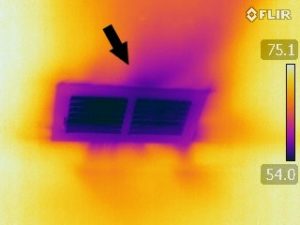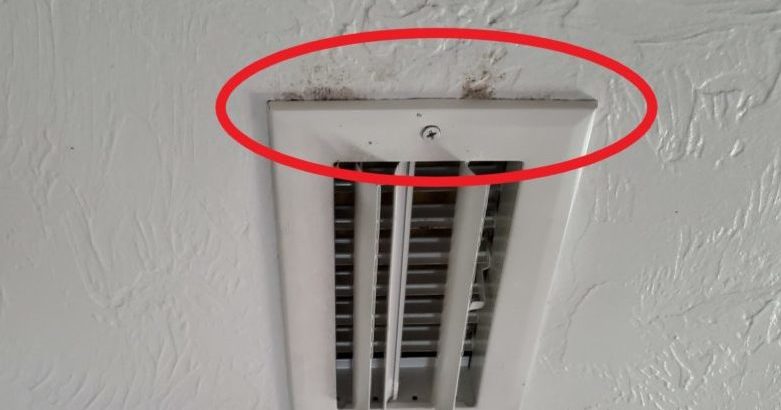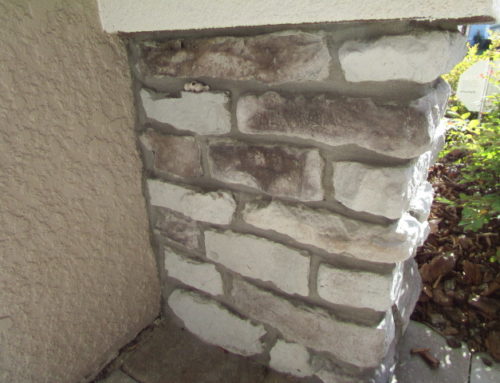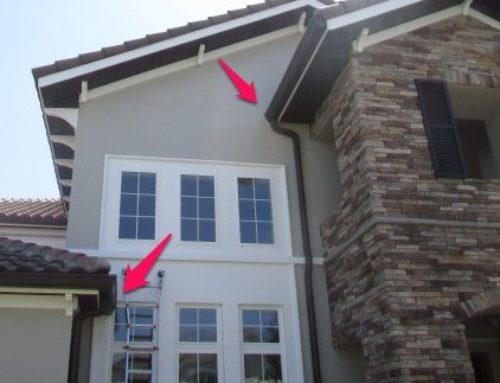 It is important to understand that the efficiency of your home is dependent on its ability to keep conditioned air in a closed space. So why bother sealing air vents? Consider how inefficient it would be to run an air conditioner with the windows open.
It is important to understand that the efficiency of your home is dependent on its ability to keep conditioned air in a closed space. So why bother sealing air vents? Consider how inefficient it would be to run an air conditioner with the windows open.
Air traveling through an air conditioning duct system moves very efficiently until it meets resistance. The vent cover, or register, has a level of resistance as it forces the air out through the openings in the vent. When the air meets resistance, it can also be forced out through other openings.
Increase Energy Efficiency and Reduce Condensation
Spaces between the ducting and sheet rock allow this conditioned air to seep right into the attic, wasting energy and reducing the efficiency of your cooling system. Air leakage above the register or at the connection of the duct to the register can also cause condensate to form, because the air in the unconditioned attic or wall cavity may be considerably warmer.
If the cold air coming out of the register is too cold compared to the room air, condensation will form on the surface of the register and migrate over to the surrounding drywall. Wet drywall will begin to grow mold within a few days. As an example, the air conditioning register in a bathroom is more likely to have mold growth because of the high humidity in the room.
Prevent Moisture Buildup and Stop Mold Growth
Sealing air vents may seem trivial, but by taking the time to seal those small openings you are not only creating an energy-efficient home but you are also preventing moisture buildup that will allow mold to grow.
Contact Bowman Building Assessment today to speak with a Licensed Mold Assessor in the State of Florida. We are highly trained and experienced in detecting and assessing mold related issues.






